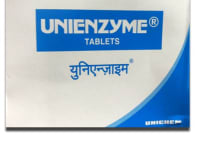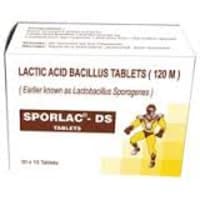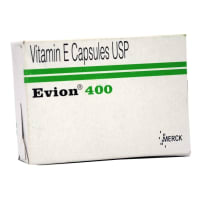
Interaction with alcohol is unknown. Please consult your doctor.

WEIGH RISKS VS BENEFITS
Liod 250mg Capsule may be unsafe to use during pregnancy.Animal studies have shown adverse effects on the foetus, however, there are limited human studies. The benefits from use in pregnant women may be acceptable despite the risk. Please consult your doctor.

SAFE
Liod 250mg Capsule is safe to use during lactation. Human studies have shown that either the drug does not pass into the breastmilk in significant amount or is not expected to cause toxicity to the baby.There may be a possibility of diarrhea or rash in the baby.

It is not known whether Liod 250mg Capsule alters the ability to drive. Do not drive if you experience any symptoms that affect your ability to concentrate and react.

CAUTION
Liod 250mg Capsule should be used with caution in patients with kidney disease. Dose adjustment of Liod 250mg Capsule may be needed. Please consult your doctor.

CAUTION
Liod 250mg Capsule should be used with caution in patients with liver disease. Dose adjustment of Liod 250mg Capsule may be needed. Please consult your doctor.Liver function tests are advisable if you have to take this medicine for a long time.
Uses of Liod Capsule
Liod 250mg Capsule is used in the treatment of bacterial infectionsIt is used in infections of the skin such as acne (Pimples), abdomen, bone, skin, heart and soft tissues. It also used in post-operative infections.
How to use Liod Capsule
Take this medicine in the dose and duration as advised by your doctor. Swallow it as a whole. Do not chew, crush or break it. Liod 250mg Capsule is to be taken empty stomach.
How Liod Capsule works
Liod 250mg Capsule is an antibiotic. It stops the bacterial growth by inhibiting synthesis of essential proteins, which are required by bacteria to carry out vital functions.
Common Nausea, Skin rash, Itching, Rectal itching, Ringing in ear, Dizziness, Tongue swelling, Tongue pain, Vaginal itching, Vaginal discharge, Vertigo, Vomiting.
Expert advice for Liod Capsule
Tell your doctor if you have or had asthma, gastrointestinal problems, liver or kidney disease.Stop taking lincomycin immediately and seek medical advice if you experience diarrhea that is watery or bloody.Seek immediate medical attention if you develop allergic reactions: rashes, difficulty in breathing, swelling of face, lips, tongue, or throat.Do not stop taking lincomycin even if you feel better, as skipping dose may increase the risk of further bacterial infections that are resistant to antibiotics.Tell your doctor if you are or planning to become pregnant or are breastfeeding.
Q. Is Liod a Macrolide?
No, Liod is not a macrolide, it belongs to lincosamide class
Q. Is Liod an antibiotic?
Yes, Liod is an antibiotic
Q. Is Liod an aminoglycoside?
No, Liod is not an aminoglycoside, it belongs to lincosamide class
Q. What does Liod treat/ cure?
Liod is used to treat infections caused by bacteria
Q. How is Liod supplied?
Liod is supplies as injectable solution, compounding powder or capsule
Q. Where does Liod come from?
Liod is derived from actinomyces Streptomyces lincolnensis (a species of bacteria).


 Liod 250mg Capsule
Liod 250mg Capsule  Bookmark
Bookmark





















